Tonight is 'The Curse of Bridge Hollow'
A strong representation of African Americans in this film features evil spirits and horror-themed elements.
Incluvie Foundation Gala - Learn More
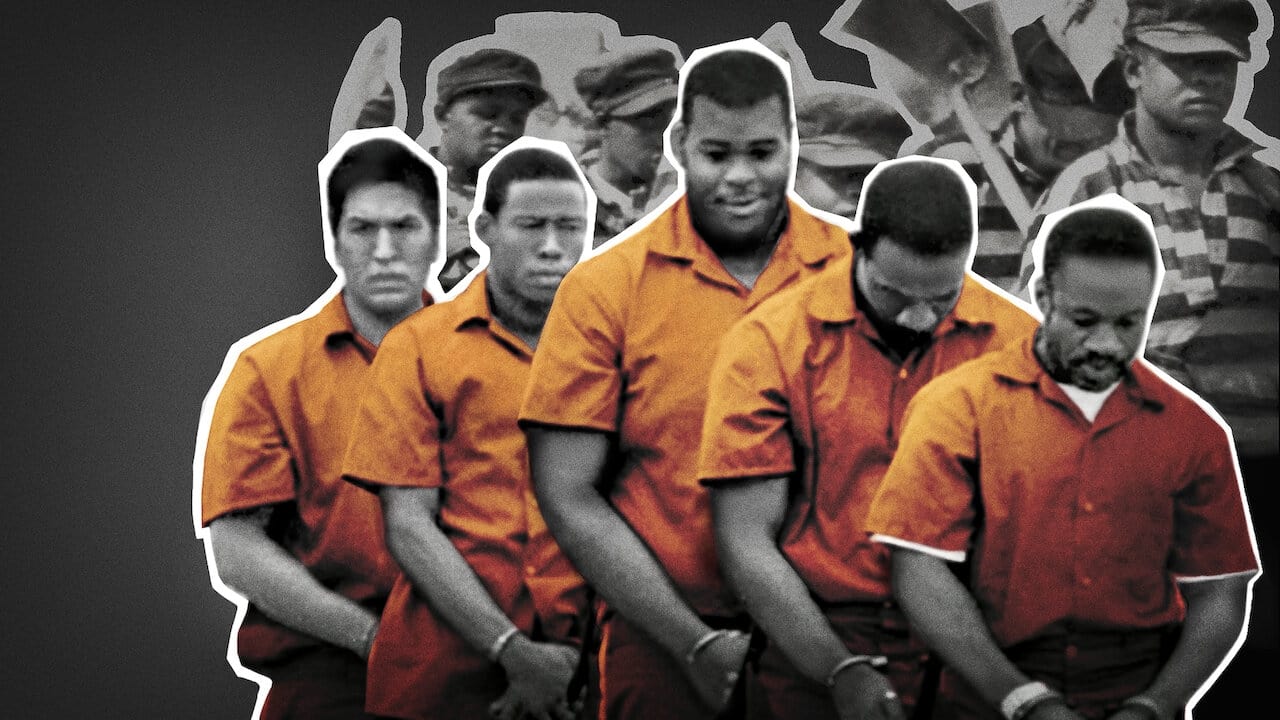

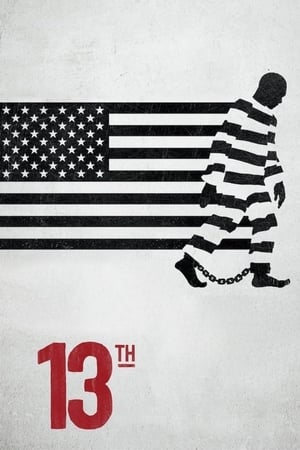


The justice system in the United States of America is supposed to operate as you are deemed innocent until proven guilty. However, what happens for Black people is they are deemed guilty until proven innocent. That is exactly what happened with Kevin Richardson, Antron McCray, Yusef Salaam, Raymond Santana Jr., and Korey Wise, who were dubbed the “Central Park Five” by the media.
They were five kids, who ranged in age from 14 to 16 years old, charged with the rape and assault of a White girl in Central Park. These kids had nothing to do with the assault, and were in a completely different part of the park when it occurred. They were found by the police the night of the assault, and were immediately arrested. The police proceeded to interrogate them for hours on end, depriving them of food, water, legal counsel, and seeing their parents. Through all of this, they were ultimately coerced into confessing to a crime they never committed.
When They See Us is a four-part limited series on Netflix that tells Kevin, Antron, Yusef, Raymond, and Korey’s story. It is co-written and directed by Ava DuVernay, the masterful director behind Selma (2014) and 13th (2016). Brought to life by an incredible ensemble of actors, When They See Us chronicles the police interrogations, the trial, the verdict, and the aftermath. As one would expect from a filmmaker of DuVernay’s caliber, this is an incredibly emotional and gut-wrenching series that excels on every level.
I remember in elementary school, there was an incident involving another kid that I had nothing to do with, but another student, for whatever reason, told the principal that I had been involved. I was called into her office, and she proceeded to lay into me about it. I claimed many times that I didn’t know what she was talking about, and I had nothing to do with it, but she ignored this and persisted. She went as far as to say that my parents should be ashamed of me. I was an absolute wreck, and in that moment I felt so completely helpless. I didn’t do this thing she thought I did, but no matter how many times I told her, she just did not believe me.
Since George Floyd was murdered by police on May 25, 2020, we have seen protests erupt in all 50 states within the United States and 50 countries across the world on every continent except for Antarctica. The United States has sanctioned unchecked police brutality for far, far too long; a symptom of the systemic racism of a country that was built by slaves upon stolen land. Since May 25, the stories of murdered innocent Black people have been shared, as well as countless videos of the police brutalizing protestors at anti-police brutality protests.
There have been Black Lives Matter protests in the past. There have been riots, and officers have used tear gas and rubber bullets. What we are seeing on the news and in our neighborhoods is not new, but it has never been quite like this. Putting COVID concerns aside, people are taking to the streets to protest and raise awareness about the corruption of the police force in the United States, the inequality of the criminal justice system, and the systemic racism that is at this country’s heart.
For white people, this is a time to listen. We need to listen to Black people and hear their stories. We need to self-reflect and assess how our privilege has shielded us from much of the ugliness and terror that Black people experience daily. White people need to be vocal about their disdain for the actions of the police and the system of oppression within the United States. At the same time, we need to genuinely listen to other people and hear exactly how this country operates and functions differently for Black, Indigenous, People of Color than it does for white people.
I have always believed that movies can change the world; they hold the power to examine topics that many people are uncomfortable discussing. Movies can get the ball moving so that we have a starting point from which the conversation can begin.
This is a list of seven films that explore police brutality and systemic racism made by Black filmmakers. These are important movies to watch and to take in, as — through the power of cinema — they showcase what it feels like to be a Black person living in a country that is internally designed to be against you.
(Note: This article was originally publiched by Mick Cohen-Carroll on Medium in June 2020. For current information about the state of the racial justice movement in America, I recommend reading updates about Derek Chauvin's trial, this interview with Kentucky's Rep. Attica Scott about the ongoing imapct of Breonna Taylor's murder, this update about the shooting of Jacob Blake, and this analysis of the scope of Black Lives Matter protests.)
Hollywood loves to jump on current events, especially those with big socio-political ramifications. There have been timely movies about pretty much every news-worthy incident since WWI. However, stories about race or racial injustice are often eclipsed or buried under other tragic events. So, through the films they produce and finance, how will Hollywood react to the current status quo? It’d be interesting to discover their approach in the wake of the George Floyd protests (which are largely peaceful) and the call to action for anti-racism. There are two things to consider. The first is that Hollywood, after all, is a business and the second is that Hollywood might not be as socially liberal as the right-wing claims.
Though there is room for art, and you must be creative to make a film, the movie industry is, after all, just that: an industry. And in an industry, the primary goal is to make money. If it’s art, great, but that is not the end goal. Artistry is the byproduct. That is why people like Martin Scorsese call the Marvel movies “theme parks” and not cinema. He makes the distinction that cinema is (by his definition) more daring, unexpected, honest and artistic.
So while “cinema” (used in the Scorsesian sense) does exist, the rise in blockbuster movies with high budgets and explosively high box office returns shows that Hollywood is primarily interested in making money. That is why it attracts people to become top execs and producers, like Steve Mnuchin, the current Secretary of the Treasury. Hard to believe that the ex-Goldman Sachs investment banker was in it for the art or the love of cinema.
Since George Floyd was murdered by police on May 25, 2020, we have seen protests erupt in all 50 states within the United States and 50 countries across the world on every continent except for Antarctica. The United States has sanctioned unchecked police brutality for far, far too long; a symptom of the systemic racism of a country that was built by slaves upon stolen land. Since May 25, the stories of murdered innocent Black people have been shared, as well as countless videos of the police brutalizing protestors at anti-police brutality protests.
There have been Black Lives Matter protests in the past. There have been riots, and officers have used tear gas and rubber bullets. What we are seeing on the news and in our neighborhoods is not new, but it has never been quite like this. Putting COVID concerns aside, people are taking to the streets to protest and raise awareness about the corruption of the police force in the United States, the inequality of the criminal justice system, and the systemic racism that is at this country’s heart.
For white people, this is a time to listen. We need to listen to Black people and hear their stories. We need to self-reflect and assess how our privilege has shielded us from much of the ugliness and terror that Black people experience daily. White people need to be vocal about their disdain for the actions of the police and the system of oppression within the United States. At the same time, we need to genuinely listen to other people and hear exactly how this country operates and functions differently for Black, Indigenous, People of Color than it does for white people.
I have always believed that movies can change the world; they hold the power to examine topics that many people are uncomfortable discussing. Movies can get the ball moving so that we have a starting point from which the conversation can begin.

An in-depth look at the prison system in the United States and how it reveals the nation's history of racial inequality.
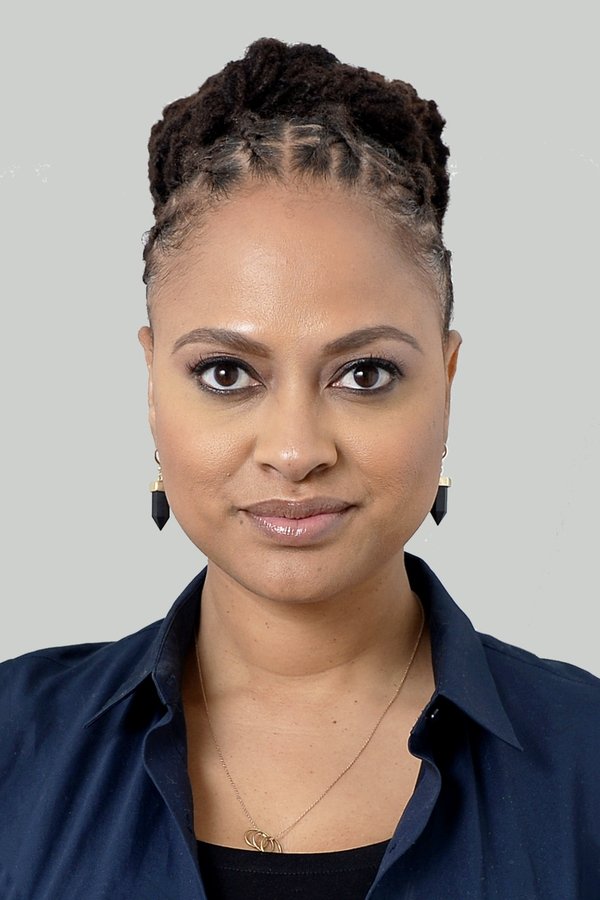
Ava DuVernay
Director

Ava DuVernay
Director
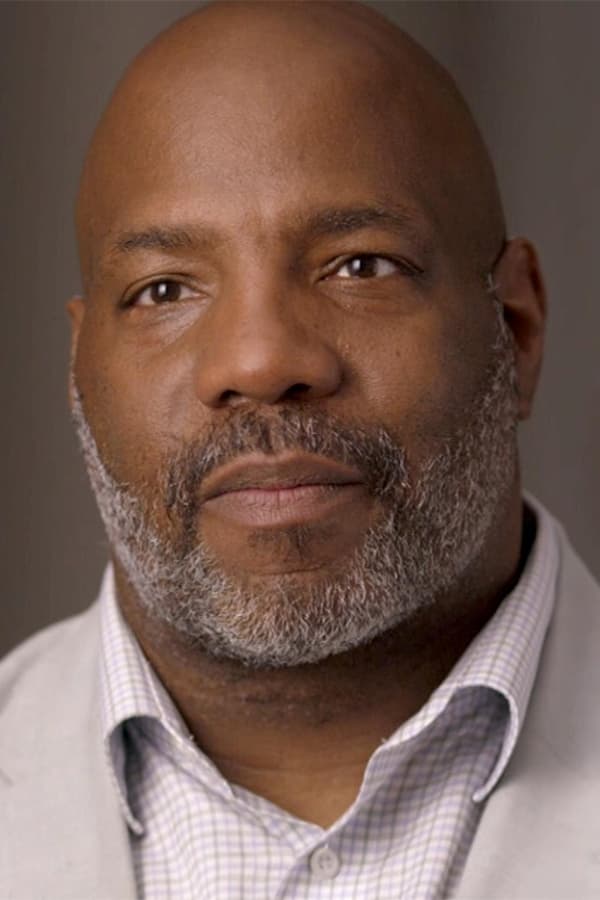
Jelani Cobb
Self

Angela Davis
Self
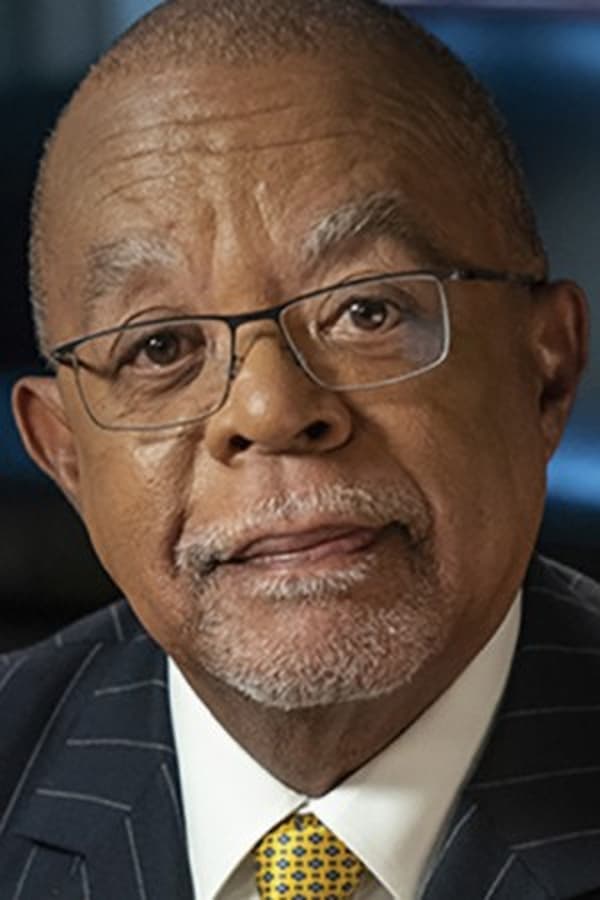
Henry Louis Gates, Jr.
Self
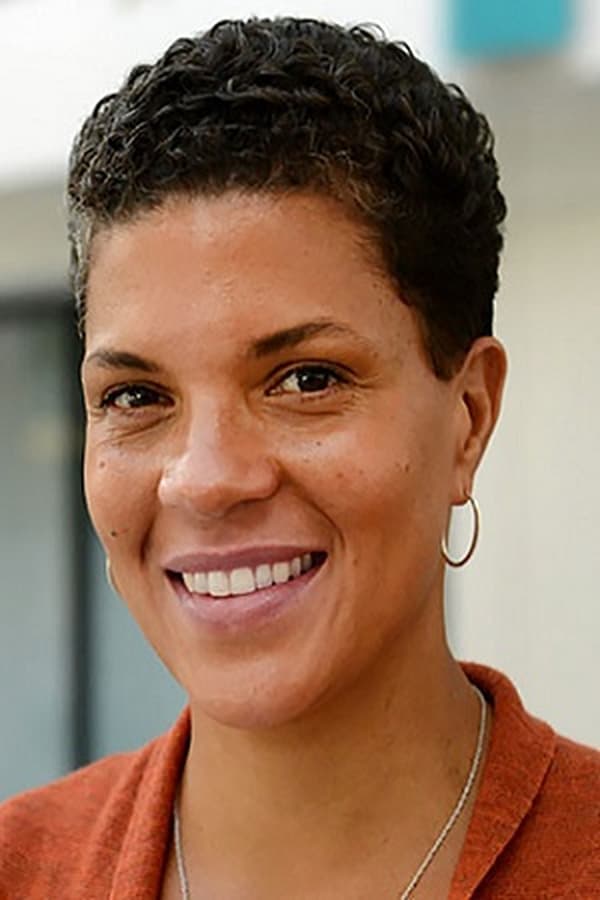
Michelle Alexander
Self
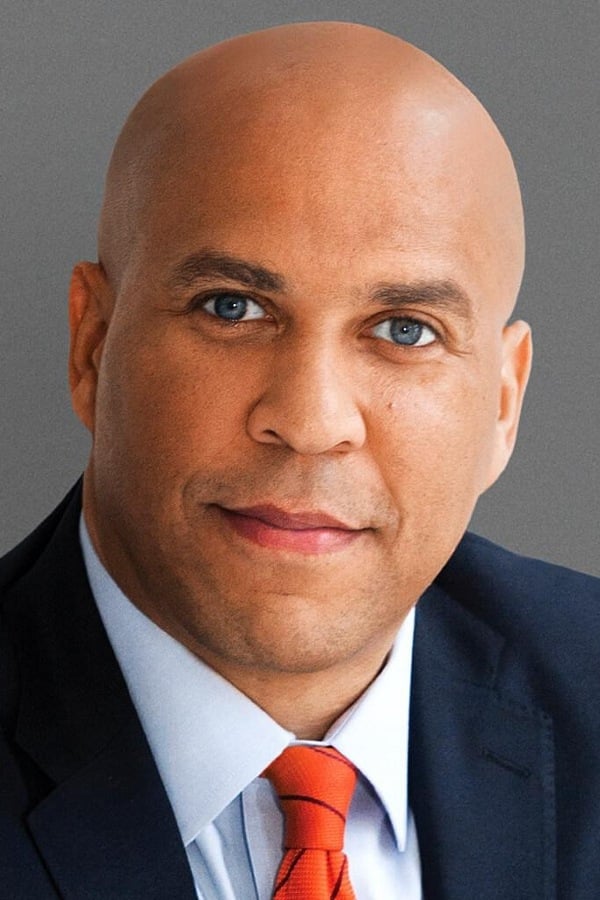
Cory Booker
Self - U.S. Senator (D) New Jersey
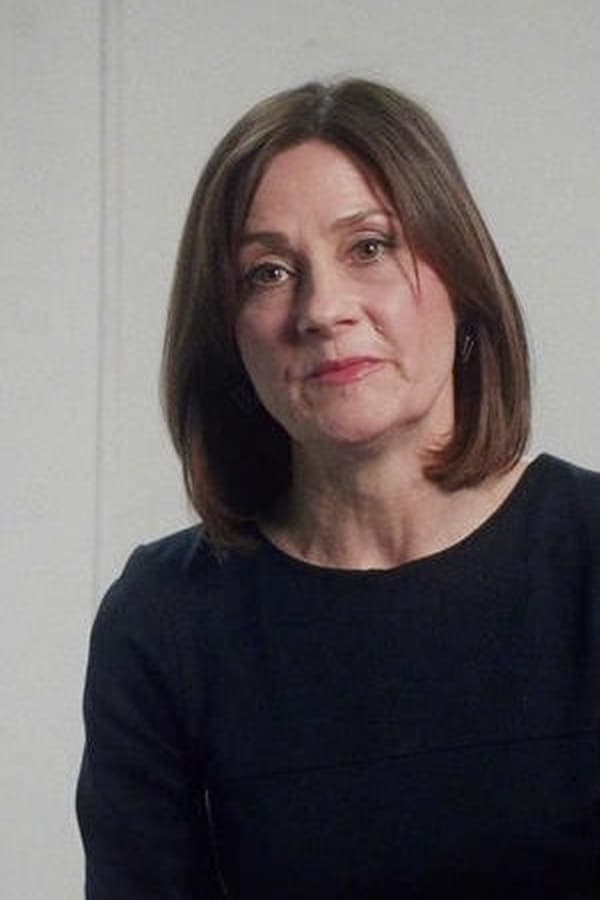
Marie Gottschalk
Self

Michael Hough
Self

Gina Clayton
Self

David Keene
Self

James Kilgore
Self

Bryan Stevenson
Self
A strong representation of African Americans in this film features evil spirits and horror-themed elements.
The newest Pedro Almodóvar movie, Pain and Glory, focuses on an aging and debilitated filmmaker, Salvador Mallo (played by Antonio Banderas) reflecting on his life in his old age.
Alfred Hitchcock’s 1960 film "Pyscho" is an American film classic that still resonates today.



